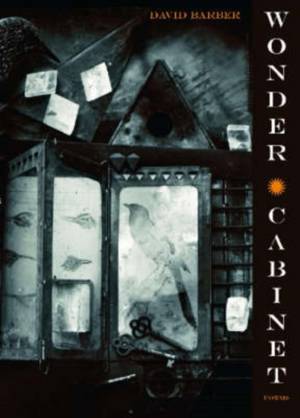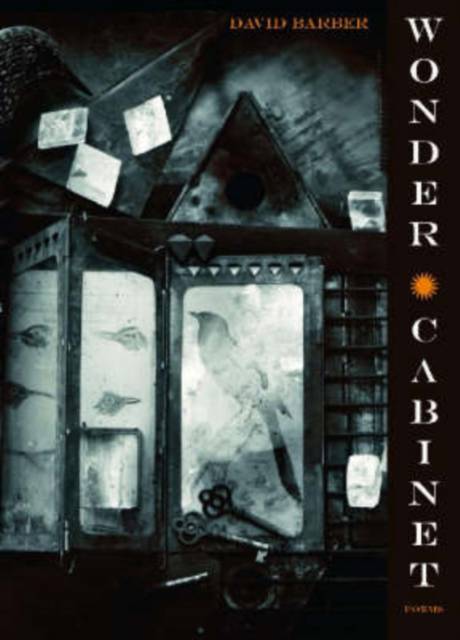
- Afhalen na 1 uur in een winkel met voorraad
- Gratis thuislevering in België vanaf € 30
- Ruim aanbod met 7 miljoen producten
- Afhalen na 1 uur in een winkel met voorraad
- Gratis thuislevering in België vanaf € 30
- Ruim aanbod met 7 miljoen producten
Zoeken
Omschrijving
Taking its inspiration from the wonder and curiosity cabinets of the late Renaissance, David Barber's second book of poems offers itself up as an eclectic gallery of natural marvels and historical gleanings. Creation is Barber's chief subject and he often concentrates on how human nature is constantly seeking to impose definition and significance upon the natural world. These are poems that meditate on all manner of wondrous phenomena: falconry and funiculars; the knotted quipus of the Inca Empire and the tulip mania of the Dutch Golden Age; the lore and language of field guides, epitaphs, beekeeping, and seafaring; the ghostly vestiges of the La Brea tar pits and the ancient library of Alexandria. Then, in an innovative suite of New World Sutras composed in haiku stanzas, Barber riffs on the American genius for self-invention and epic ambition by calling up landmark figures such as Audubon, Houdini, Babe Ruth, and Buster Keaton. With a formal and verbal precision that is rife with agile music, avid wordplay, and mordant wit, Barber delves deeply into the realms of both natural history and popular culture.
Specificaties
Betrokkenen
- Auteur(s):
- Uitgeverij:
Inhoud
- Aantal bladzijden:
- 112
- Taal:
- Engels
Eigenschappen
- Productcode (EAN):
- 9780810151734
- Verschijningsdatum:
- 1/05/2006
- Uitvoering:
- Paperback
- Formaat:
- Trade paperback (VS)
- Afmetingen:
- 167 mm x 218 mm
- Gewicht:
- 190 g

Alleen bij Standaard Boekhandel
+ 45 punten op je klantenkaart van Standaard Boekhandel
Beoordelingen
We publiceren alleen reviews die voldoen aan de voorwaarden voor reviews. Bekijk onze voorwaarden voor reviews.











